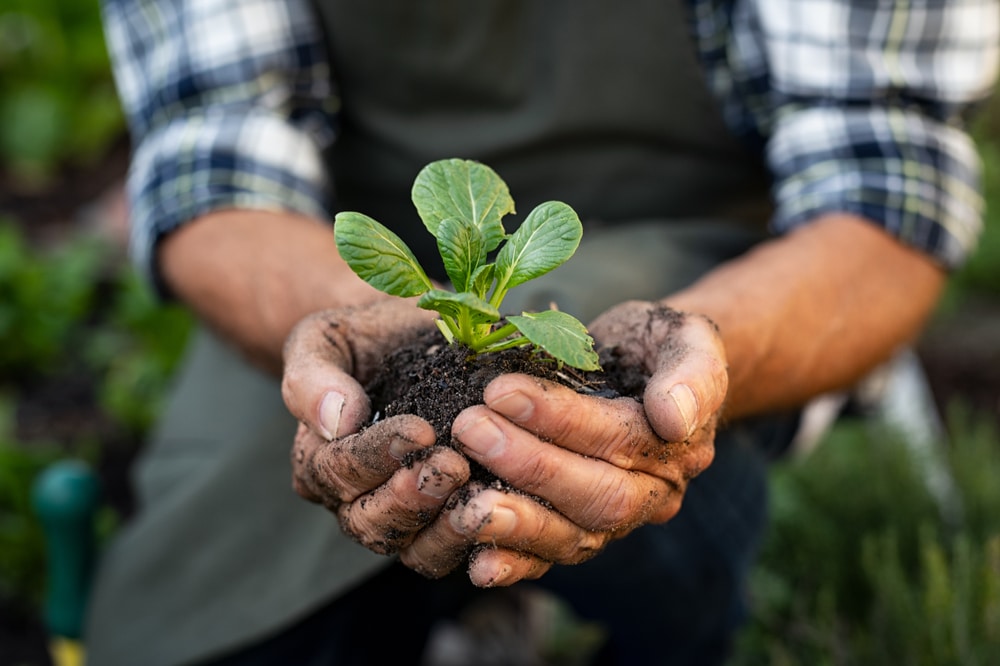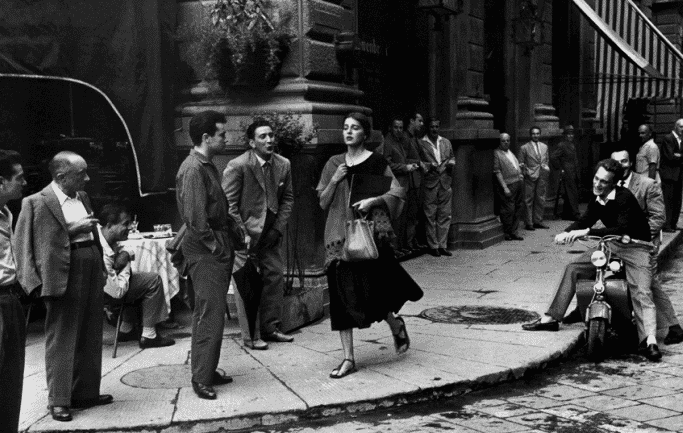The Sustainable, Circular Economy of Ciccio’s Olives Farmers Fratelli Pugliano

The producers of Ciccio’s Olives in Calabria, Italy, is a family whose farm and home and is a teaching ground for sustainability and a circular economy.
If sustainability is preserving natural resources and circular economy is a model of production and consumption to extend the life cycle of products, my in-laws – the producers Fratelli Pugliano of Ciccio’s Olives Extra Virgin Olive Oil – is a teaching ground for it. Very few are the bags of trash that need to be left outside to be disposed of. They eliminate waste and utilize resources in every way possible like I’ve never seen. This is their way of life and is also reflected in their farming practices.
Every eggshell from eaten eggs is composted back into the ground. Every egg eaten has come from their own chickens. Each chicken was born and grew up on their farm. Each chicken born on their farm came from an egg fertilized by their rooster.
It’s incredible. And this egg example is just one of many. There’s also each year’s pig who is raised on the leftover pasta, salad, fruit, and more to get nice and fat to make the next year’s soppressata, capicollo, pancetta, culatello, salsiccia, gelatin, lard, and nduja. Everything has its purpose and is part of a larger purpose.
The Pugliano family has cats, dogs, chickens, roosters, rabbits, pigs, on their farm, where they not only produce the award-winning olive oil Ciccio’s Olives, but grow most of the fruit and vegetables that they consume year-round thanks to careful cultivating, harvesting, and preserving. Rows of tomatoes, peppers, and lettuce are situated close to the farmhouse, which is also flanked by lines of blackberries, raspberries, and banana grapes. Tubs of basil and parsley line the lane. Trees are nestled all around dotted with various colors, showing off their organic and delicious fruits of peaches, pears, prunes, oranges, mandarin oranges, grapefruit, figs, lemons, and cherries. Chickens squabble their way past patches of broccoli, cauliflower, cabbage, potatoes, onions, carrots, asparagus, zucchini, green beans, watermelon, orange melons, strawberries, and more. Never-ending lines of green and red grapes for homemade wine extend past view. The list of what they grow is almost too extensive to even remember. And this is all grown in between the endless rows of olive trees flecked with dangling green olives.
Being eco-friendly has become a buzzword, a trend of sorts, and part of millions of initiatives. Global organizations and international nonprofits seek to teach people the practices and traditions maintained by those of generations past. Or by those older generations in off-the-beaten-path places like the South of Italy, still producing gorgeous liquid golden extra virgin olive oil.

